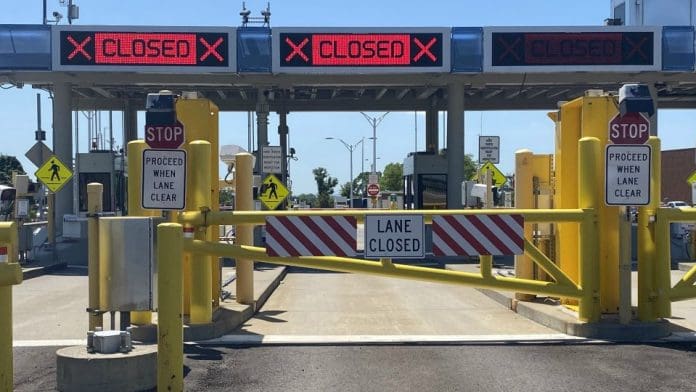On February 4th, the Senate released a tentative package for foreign aid and the border deal. It would see strict limits being implemented along the southern border of the United States. These limits already existed, however, thus far, they do not have the power of the law backing them. Once they get enforced, there is expected to be a severe curtailing of asylum at that border. This would mark a distinction from protocols that have lasted for decades.
The Border Deal Package Promises A Heavy Hand
If the Border Deal passes in its current form, immigration law will see the most drastic change it has seen over several decades. However, the vote, for now, is tending towards the legislation failing. Nevertheless, if it passes, the Senate will be in for a grim clash with the House over the proposed Border Deal. Mike Johnson, the Speaker, has gone as far as to proclaim the deal being “dead on arrival” at the House following the release of the text.
Furthermore, even if the deal passes, there is little chance of it taking immediate effect. The amount of resources required is enormous, and it includes the recruitment of more personnel. The latter process, by itself, usually takes several months. The bill grants a new emergency authority to limit border crossings should there be more than 4000 average daily encounters with migrants over the span of a week. The Secretary of Homeland Security can more or less forbid migrants from asking for asylum if the threshold is reached.
If that number crosses 5000, then the DHS will have to use the authority provided. The department will also have to enforce the authority if the number crosses 8500 in a single day. However, there is a limit to the time span over which the federal government can use this authority.






